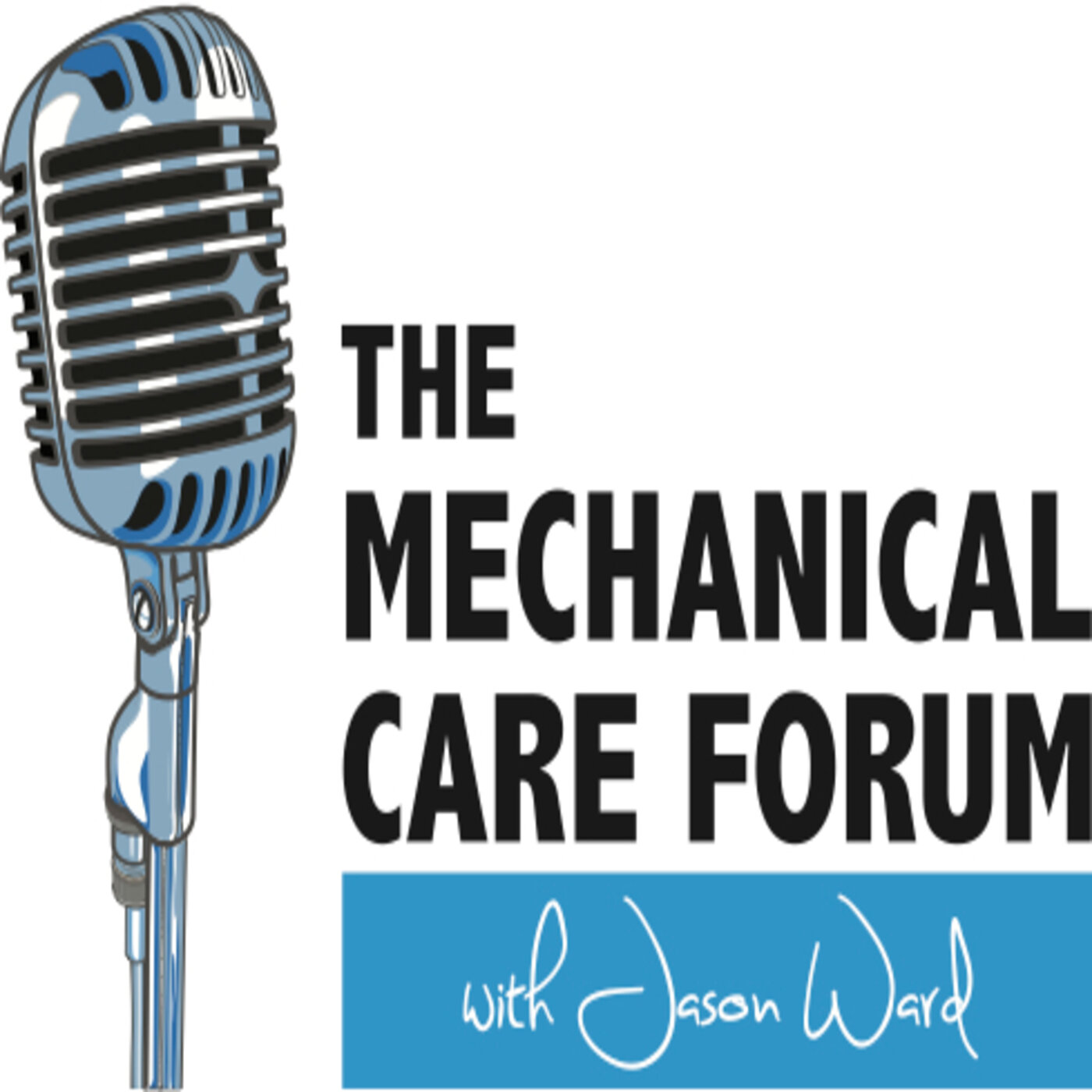Chad Cook PhD, PT, MBA, FAAOMPT
Dr. Chad Cook is Professor and Vice Chief of Research at Duke University in Durham, North Carolina. He received his Bachelors of Science in Physical Therapy at Maryville University in 1990, a Masters of Business Administration in 1999, and a Doctorate of Philosophy (PhD) at Texas Tech University in 2003. He was certified as an orthopedic manual therapist in 2001 and received fellowship status at the American Academy of Orthopedic Manual Therapy in 2006. Dr. Cook has published well over 180 peer reviewed papers and has two textbooks in their 2nd edition and one in its first edition. Dr Cook has published several book chapters in other textbooks and has presented internationally at over 175 presentations/ conferences. He is a Senior Associate Editor with the British Journal of Sports Medicine and is on the editorial staff of several other international journals. Dr. Cook has won numerous awards locally at Duke for teaching, is a recent winner of the OPTP/JMMT literature review award in 2003 and 2005, was the 2009 winner of the top educator award for the American Physical Therapy Association, the 2011, 2012, and 2013 excellence in research award at AAOMPT, is the 2008 recipient of the Helen Bradley career achievement award and is the 2005 winner of the J Warren Perry Distinguished Authorship Award.
This episode sponsored by:
Email a.ellison@maneypublishing.com with the promo code to receive your discounted subscription!
Show Notes
Personal Background
Chad Cook is married with three sons and enjoys cycling, running and being outdoors.
Professional Background
Chad has been a physical therapist for over 25 years, the first 9 years of which were essentially all patient care. In 1999 he took his first academic position at Texas Tech both teaching and in patient care. He then spent 6 years at Duke University involved in teaching, research and patient care. From Duke Chad took a chair position at Walsh University and spent four years there. For the past year he’s been back at Duke and focusing on research.
Quote
“Patients want to help.” Robert Spregg
It’s our responsibility to remember that patients want to tell their story and to help us, help them. We’re in a unique position in that we’re in a rare field, maybe the only profession that really allows a patient to do those things.
Time When Struggled
Early on when Chad was in patient care only he was frustrated and felt very limited and didn’t feel like he was making a difference. Chad almost left the field, but when he learned how to investigate and do formal research he learned his passion was in physical therapy but from a research standpoint. Learning something he didn’t know was the catalyst that got him recharged in the profession again. Chad feels we should each be continually challenged.
Chad shares his experience with developing into a writer of research. He credits many individuals who’ve helped him. He also used a simple method he was taught by Ricardo Petrabaum who authored Manuscript Architect. In it he proposes that great papers generally have a similar structure. He suggests that a writer should build the structure first and then write within your structure. This is how Chad leads those he works with and he sees it being very effective.
When He Became More Effective
The biggest thing to Chad was when he gained a better perspective of physical therapy within the healthcare system and a better perspective of where he fit within caring for patients. Chad remembers being told, “How arrogant of you to think that you’re the only reason why your patient recovered.”
Greatest Challenge
There are a lot of challenges. The attitude, here in the United States and other countries where physical therapy is not utilized as early in a patient episode is a difficulty and Chad has seen how effective it can be when he’s presented in countries where physical therapy is more often utilized first. Learning screening skills is the least of the big challenges because Chad believes the evidence suggests that PT’s are fairly good at screening and will allow for physical therapists to become a front-line provider.
To contribute:
Give a 5-star review on iTunes;
Share EP #62 with a friend; and/or
Connect with us on the Spotify MCF Podcast and MCF Instagram page!
Thanks for your support!


